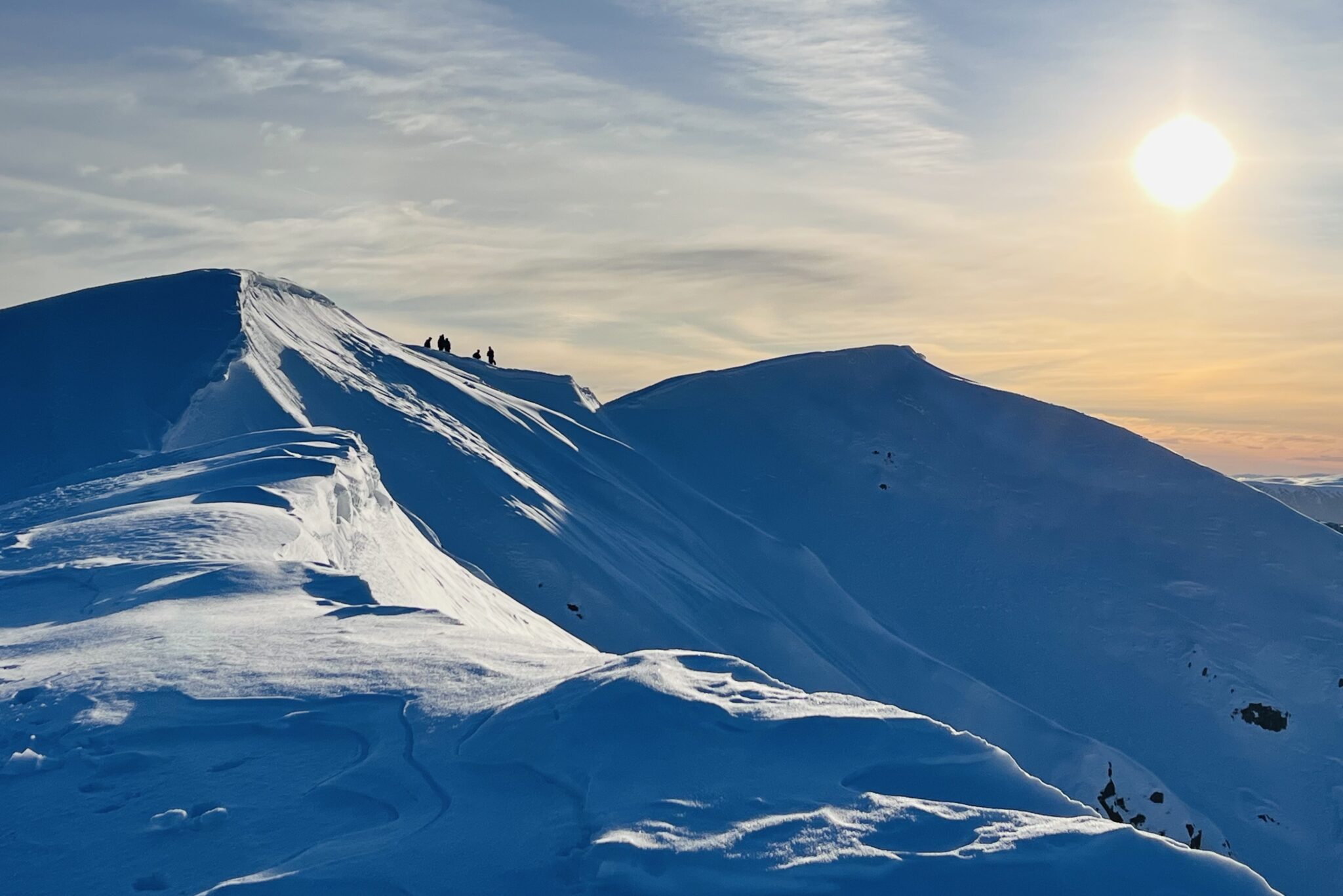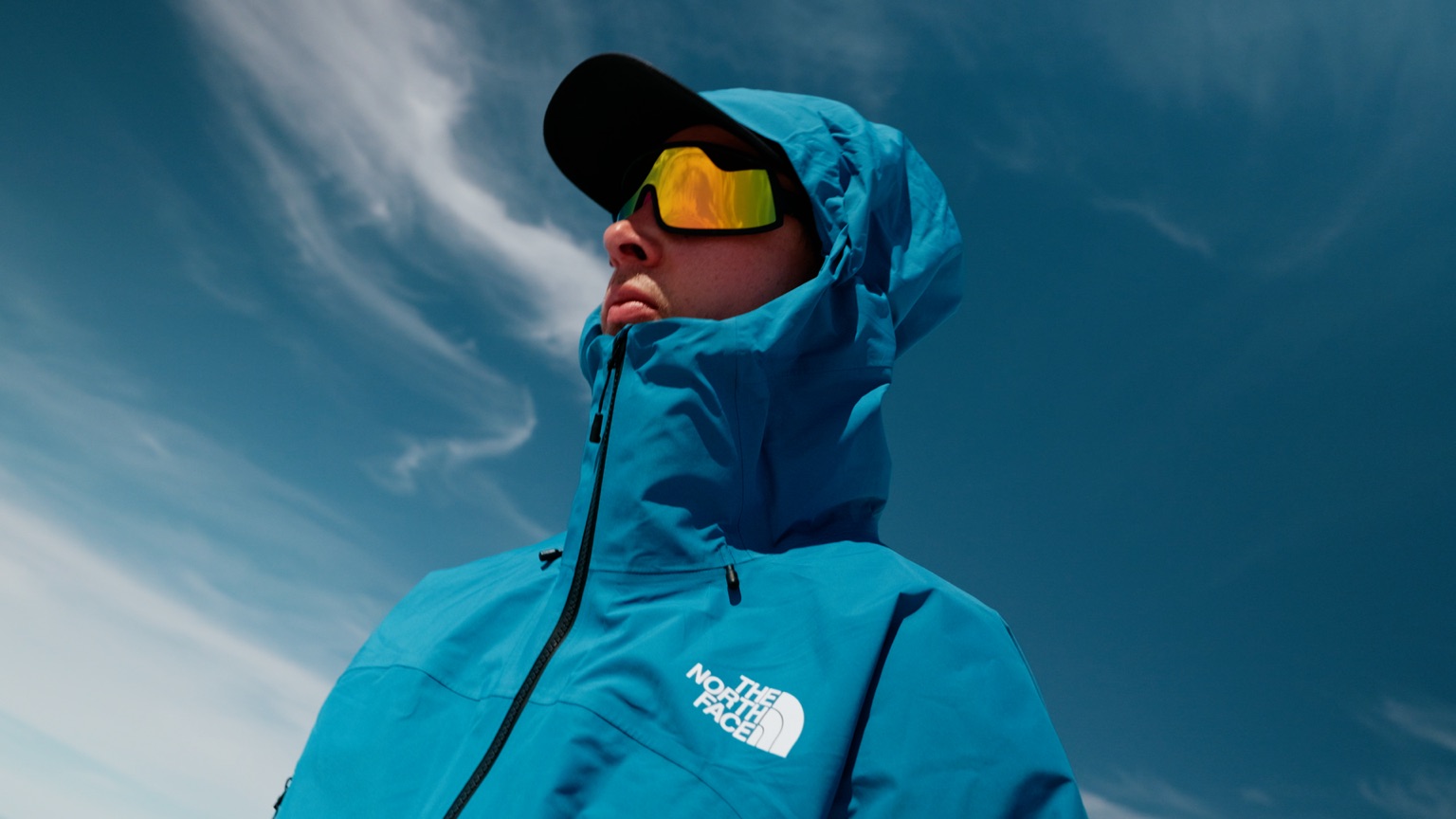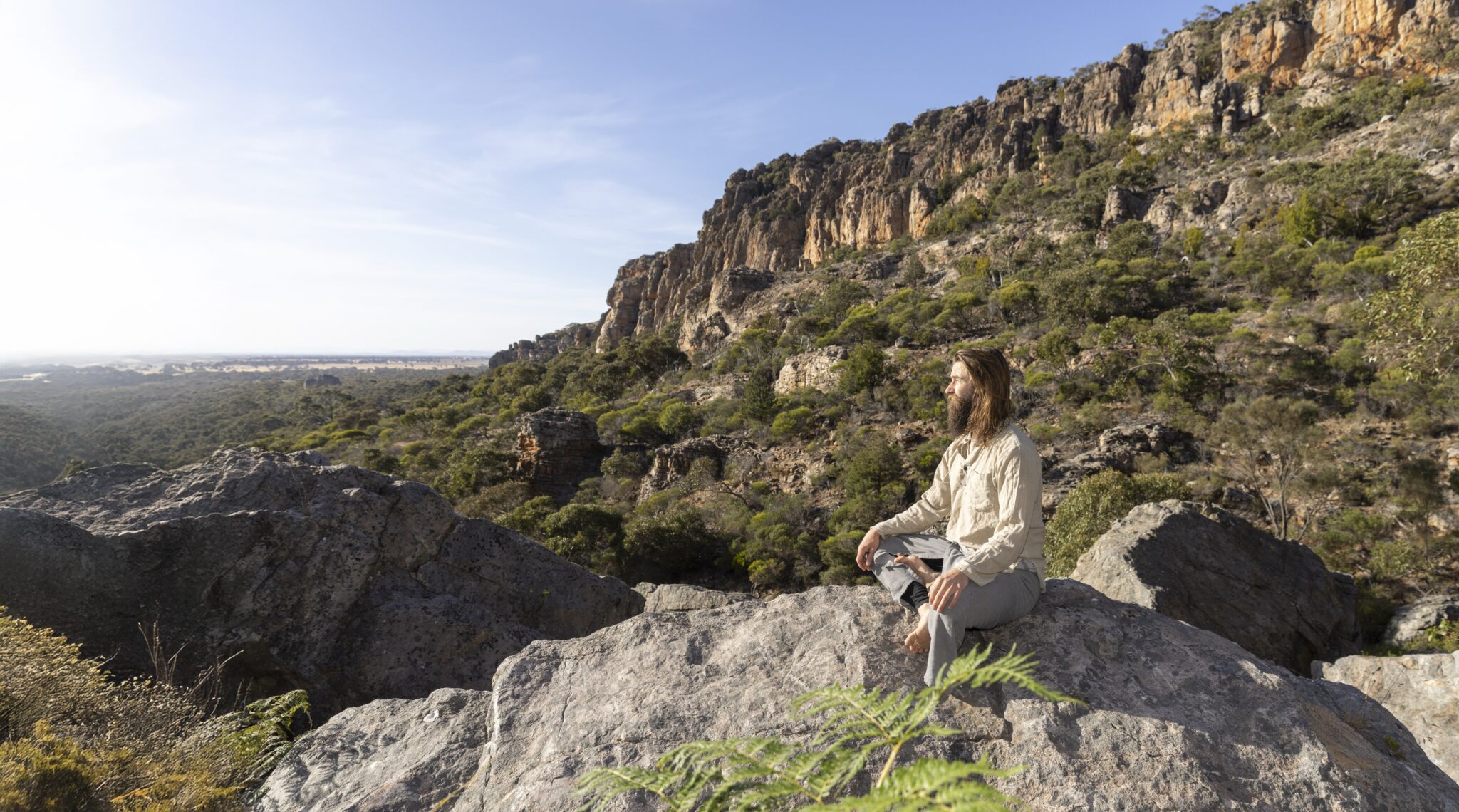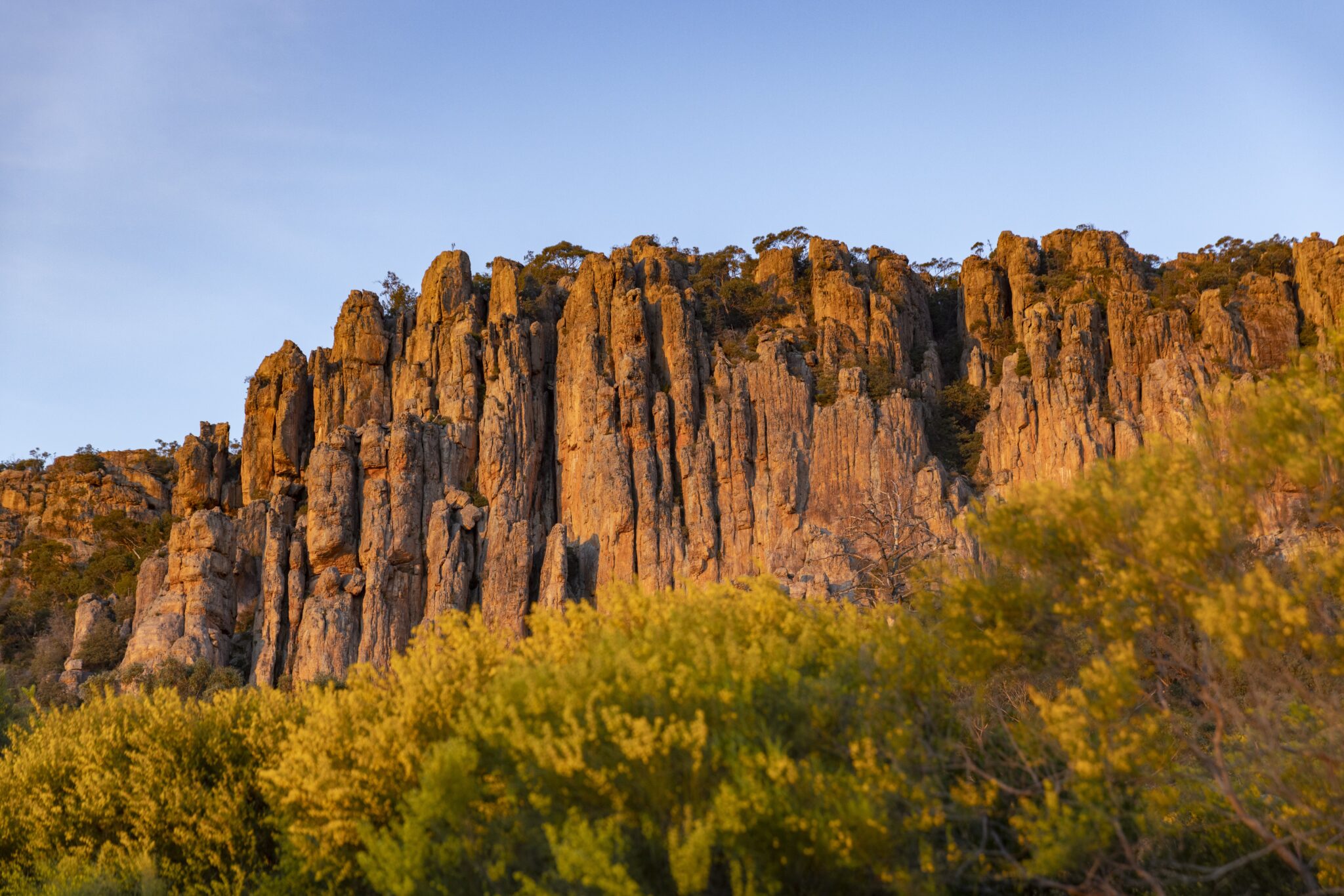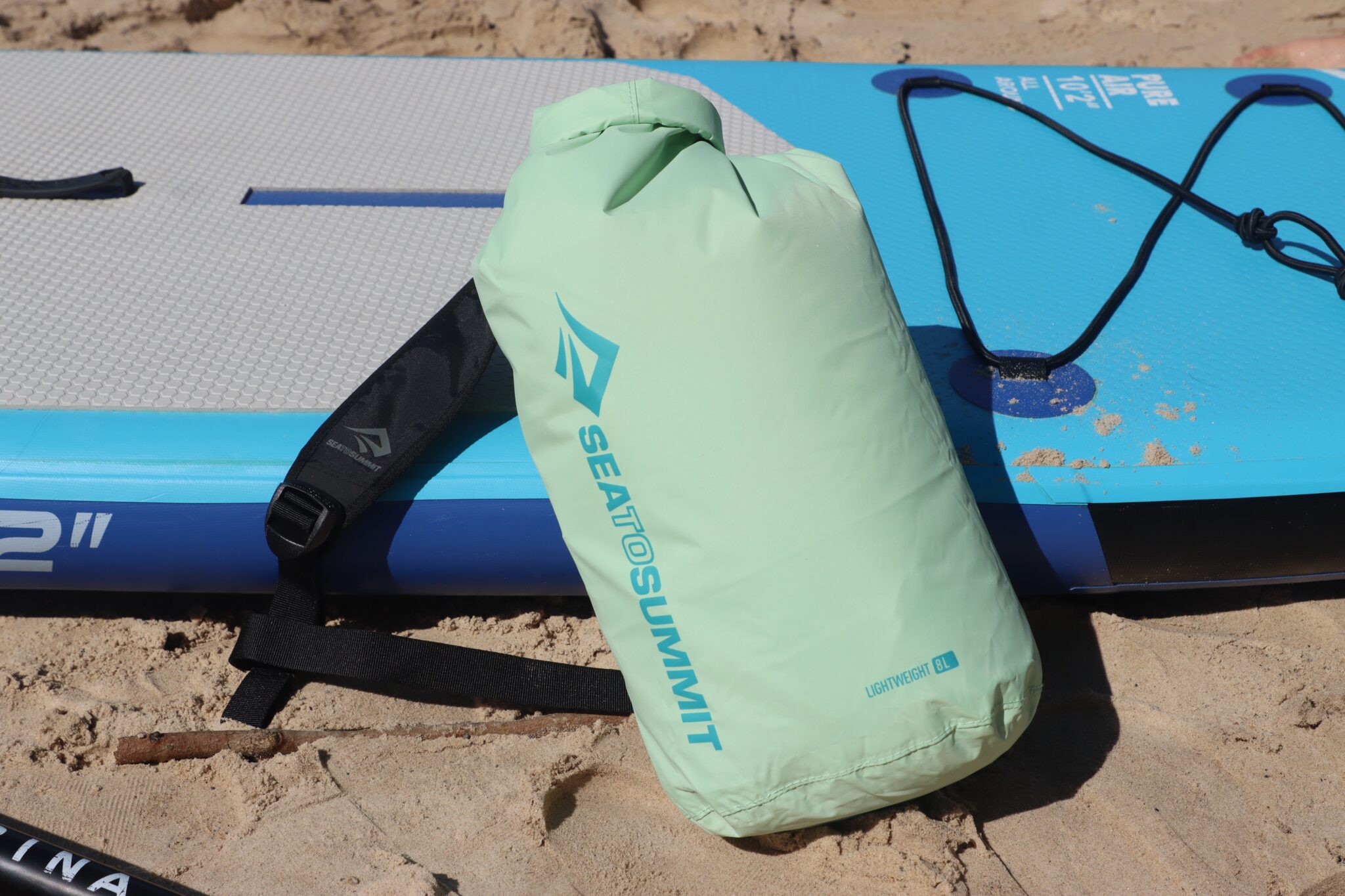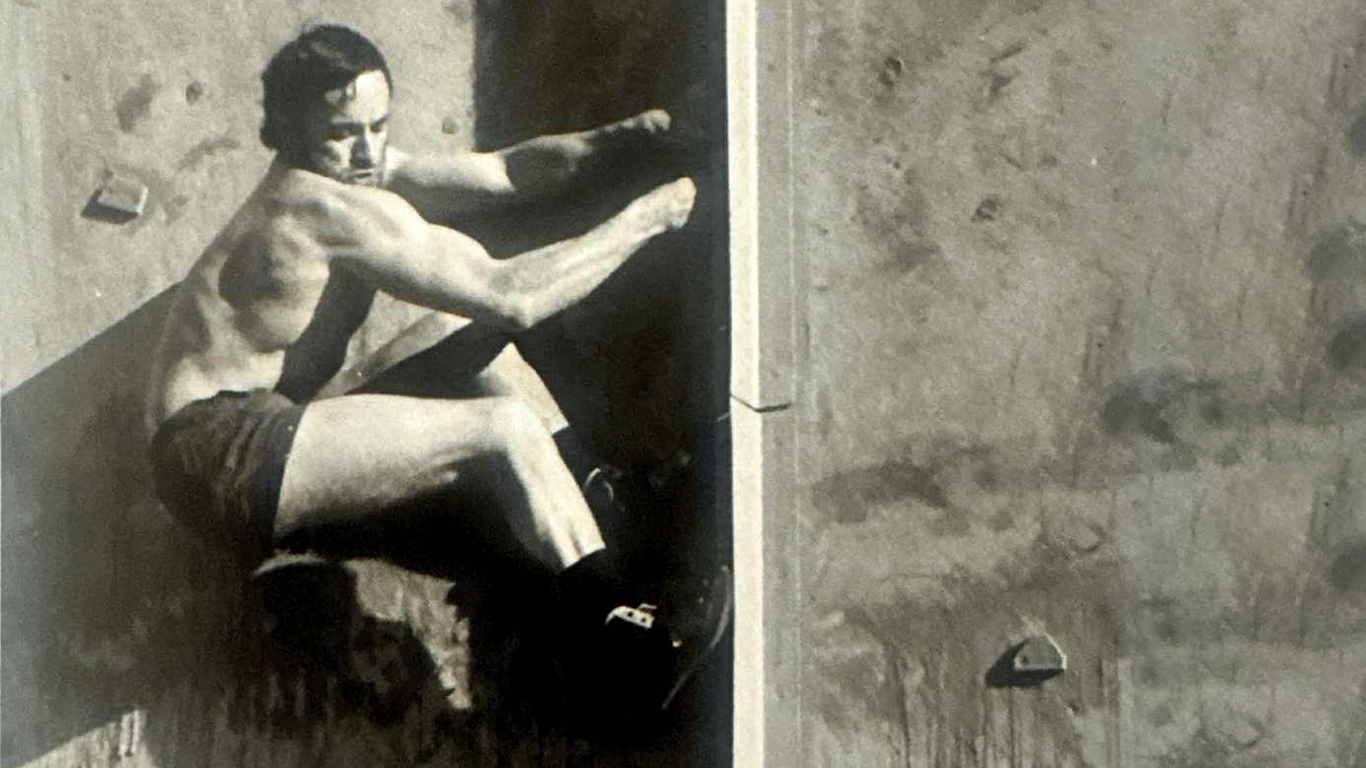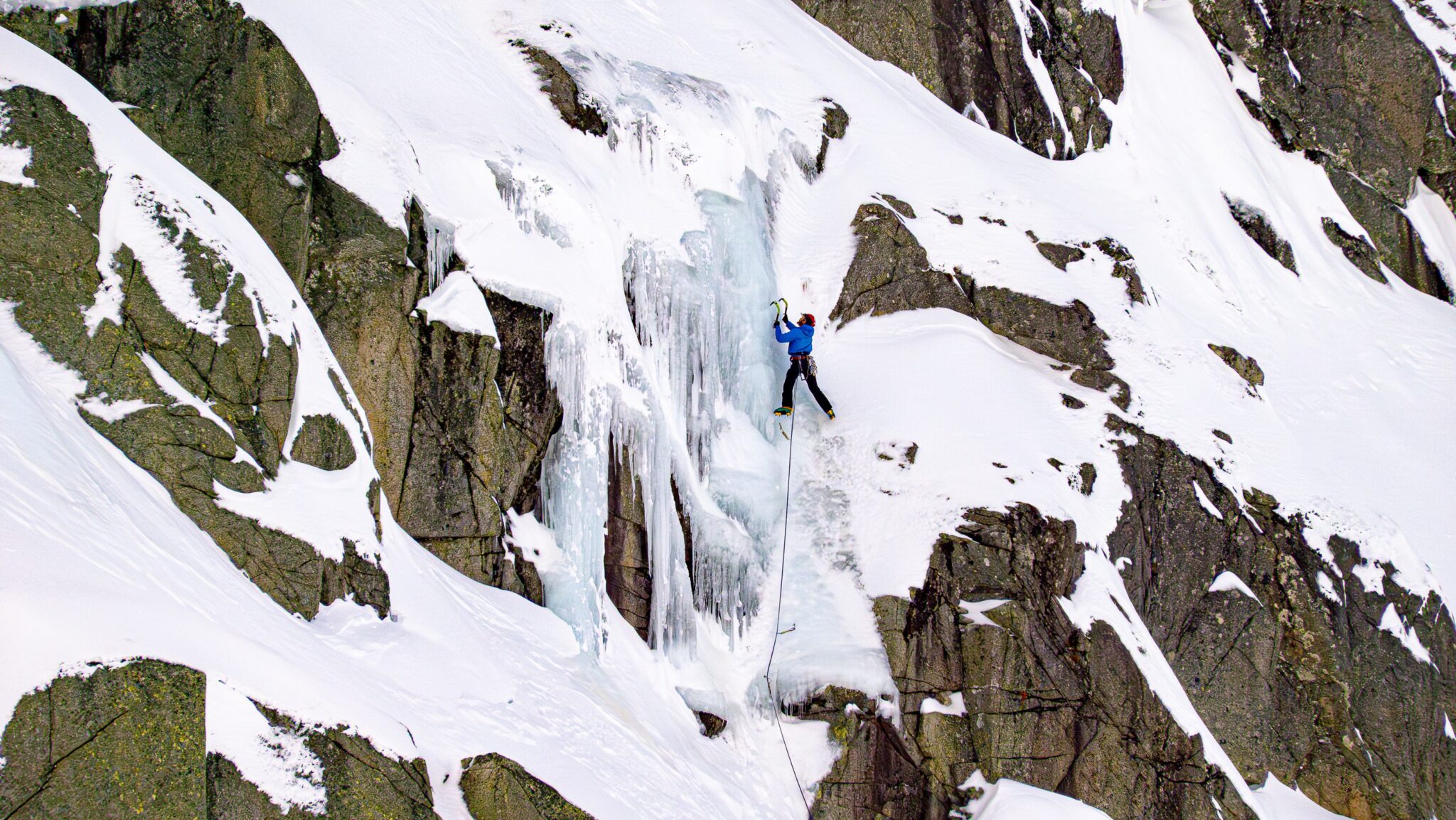Breaking Barriers: Jeannette McGill
Jeannette McGill on Mountains, Mentorship, and Making a Difference
Words by Brooke Nolan
Images supplied by Jeannette McGill
From boardrooms to base camps, Jeannette McGill is blazing trails for women in high places. Whether she’s guiding remote expeditions, supporting scholarships, or mentoring others, Jeannette is on a mission to make the mountains more accessible — and to prove that real impact happens when we lift others as we climb.
Jeannette McGill doesn’t believe in following traditional paths — in life or in the mountains.
A South African-born mountaineer now based in Australia, she’s summited 8000-metre peaks, broken ground as one of the few women in industrial technology leadership, and is now helping open doors for other women through her coaching and guiding work, helping women summit some of the world’s most iconic mountains.
When we catch up, Jeannette is deep in the mountains of Nepal, leading a Three Passes Trek. From where I sit, back in Australia, it feels worlds apart, but in many ways, that gap is exactly what she is working to bridge.
For her, mountaineering has never been about ticking peaks off a list. It’s about opening doors: for herself, for the next generation of women climbers, and for communities who rarely see themselves represented in high places.
“I’ve always been breaking the glass ceilings in mountaineering and in mining, and this has made me supremely aware of how women have been sidelined,” she says. “Things are vastly different now, but change is still needed.”
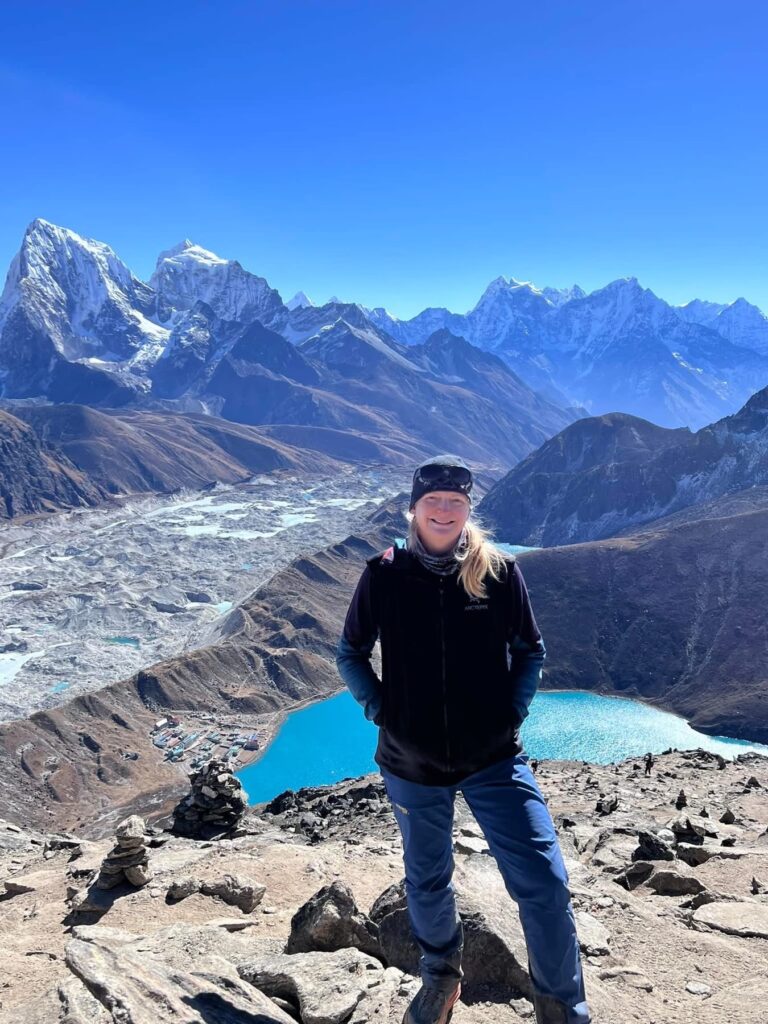
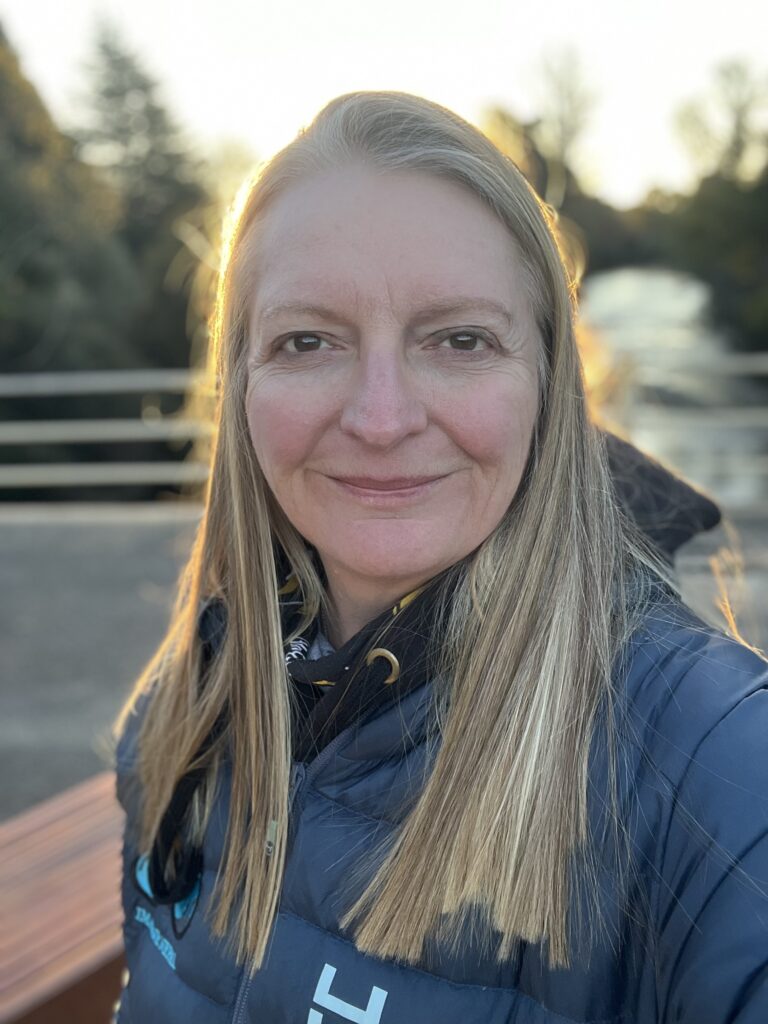
A life drawn to the mountains
Growing up in South Africa, Jeannette was drawn to the outdoors from a young age. While her mum introduced her to tree and bird clubs, it was the mountain club that truly stuck. She snuck in as a member at just 13, a year below the official minimum, and spent her weekends on physical, endurance-fuelled adventures that shaped the course of her life.
From there, it wasn’t a straightforward path to professional mountaineering. She built a career first, working in industrial technology and climbing in her own time, using all her leave to chase expeditions and explore new corners of the world.
In her words, it took a huge amount of focus and balance. “While developing my career, I would plan an expedition using all my leave every second year, while doing local micro-adventures over long weekends during the alternate year,” she says.
Now she’s managing a portfolio career, working as a non-executive director for mining and technology companies while simultaneously leading mountain trips and consulting to individuals looking to save money and successfully summit.
It’s a life that demands balance, but it also reflects her refusal to be boxed into a single identity. “I’m striving to integrate both my leadership from the corporate space, industrial technology, and the outdoors,” she explains.
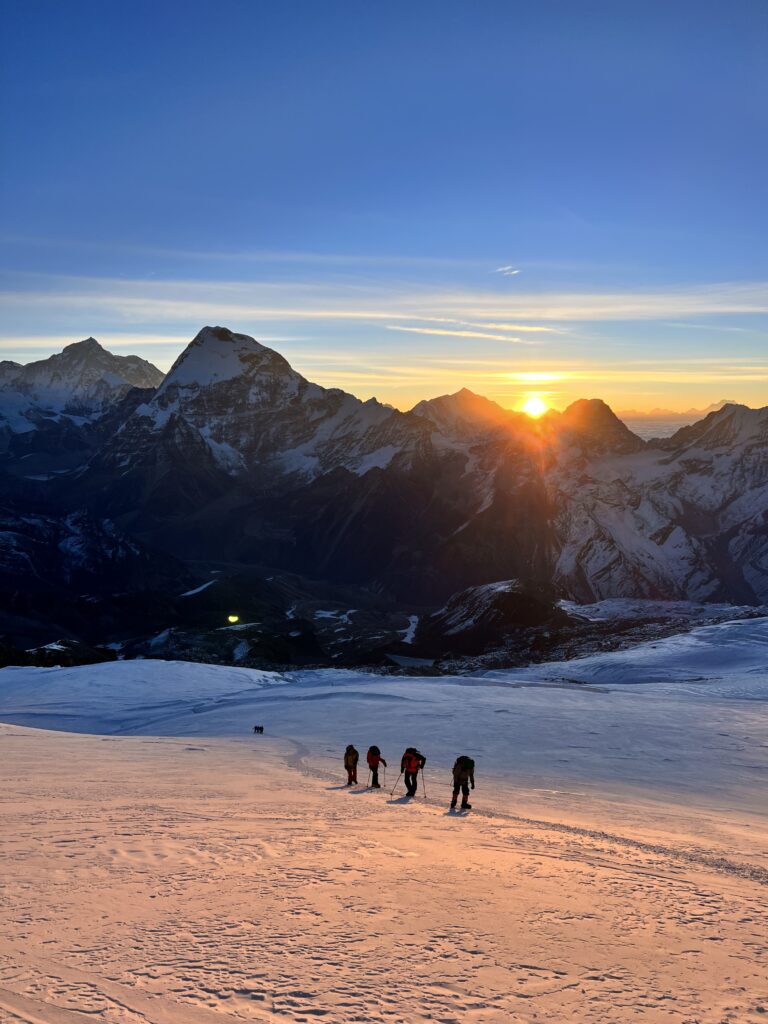
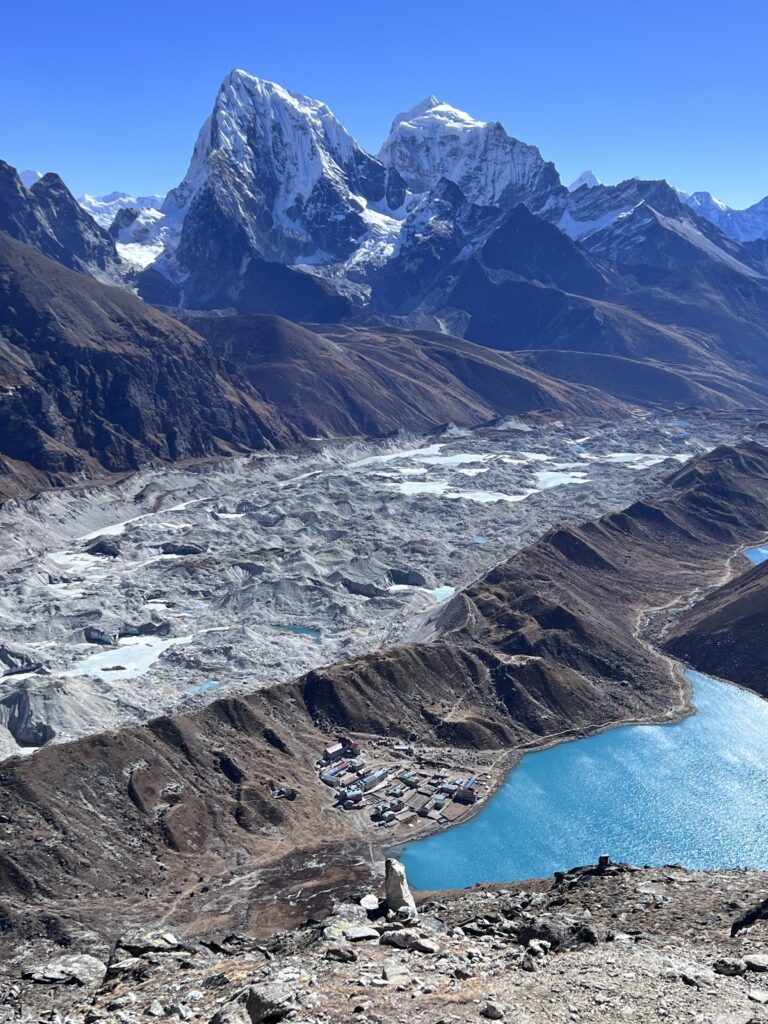
Why representation matters
No two days are the same. Alongside the corporate work, she shares her journeys, offers coaching, and leads trips in Nepal and Peru through her platform McGill’s Mountains.
She’s also recently joined AWExpeditions, a guiding company founded by mountaineer Sunny Stroeer that runs all-women’s high mountain trips across four continents.
Like Jeannette, Sunny is a fearless adventurer who has shown what women in the mountains can achieve, holding multiple speed records on Aconcagua, the Annapurna Circuit, and in the Colorado Rockies.
Joining AWExpeditions wasn’t just another guiding gig. Jeannette has found a community that perfectly aligns with her mission to make the mountains more accessible — a deliberate choice to help drive the change she has championed throughout her career.
“People like Sunny know that support is required to drive this change and get more women into the mountains,” she says.
One of the main reasons the company appealed is the AWExpeditions Summit Scholarship program. The initiative offers annual stipends to help break down barriers for women entering the big mountain world.
Since launching in 2019 with a single $5,000 expedition grant to Nepal, the program has awarded over $175,000 in scholarships for climbs across Kilimanjaro, Mt Shasta, Mt Baker, the Grand Canyon (the American one, not our Aussie version), the Cordillera Blanca, Australia’s Snowy Mountains, and Aconcagua — with more destinations still to come.
As someone who has struggled with confidence in outdoor settings, it’s exciting to see initiatives like this exist. And don’t get me wrong, it’s not about exclusion. It’s about creating space to build confidence, skills, and community — because when you’re a woman who might feel intimidated or second-guessed in mixed-gender environments, having a supportive, all-female space can be the difference between going for it, or choosing not too.
But for Jeanette, it’s not just about supporting women, but African women in particular.
“I’ve always been breaking the glass ceilings in mountaineering and in mining, and this has made me supremely aware of how women have been sidelined,”
“African mountaineers are the least represented demographic, and so as a small way to give back to a sport that I love, we have had a scholarship focused entirely for women from Africa,” she says. “Even though Australia is now very much my home, that isn’t a barrier to giving others a hand up.”
This giving back is a continuous theme, which is refreshing for a sport that is sometimes written off as a deeply personal or even selfish pursuit.
“While individuals have used mountaineering as a platform for social enterprise, not many people give back,” says Jeannette. “But it’s an expensive sport. I’m so proud that the scholarship has so far received 175 applications across 10 African countries with four recipients from Kenya, Ethiopia, and South Africa.”
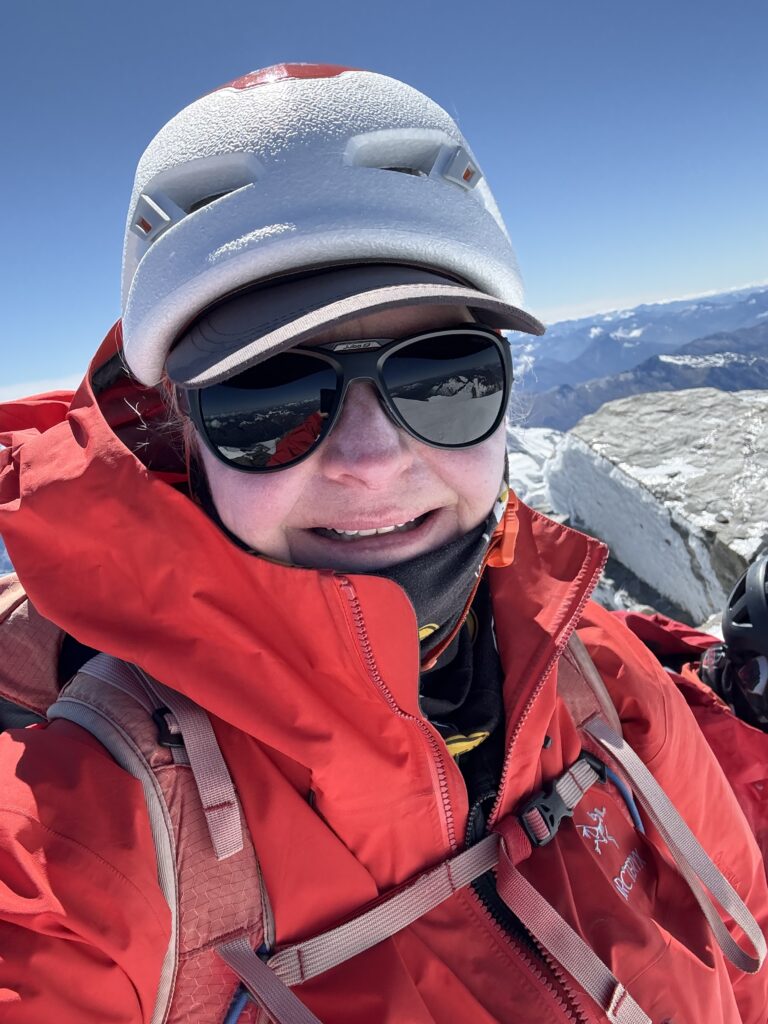
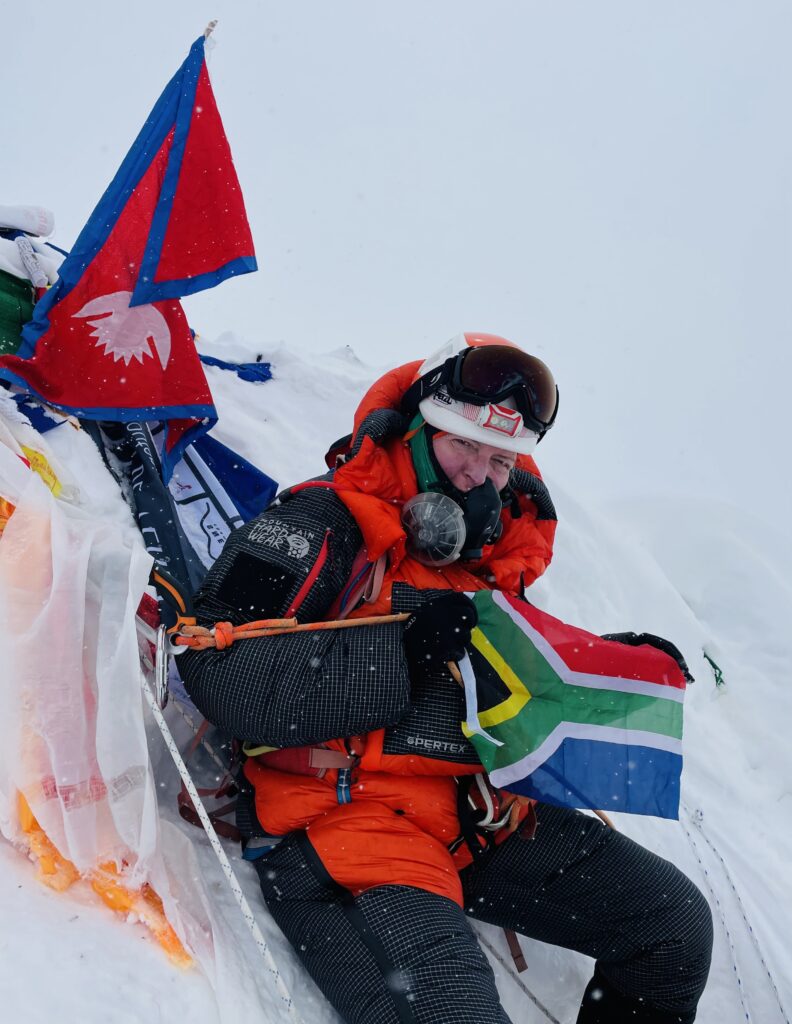
Why Everest isn’t everything
Another thing that quickly becomes apparent is Jeannette’s love and affinity for Nepal. After years of summiting some of the country’s most impressive peaks and trails, she brings more than just technical expertise to her trips.
She brings a deep cultural connection — speaking the language, building local relationships, and creating experiences that are as much about personal growth as they are about reaching summits.
But there’s one Nepalese peak that doesn’t hold quite the same appeal for her as it does for many other mountaineers. For many climbers, Everest is the ultimate goal — the peak that defines careers, Instagram feeds, and sponsorship deals. But for Jeannette, the mountain has always represented something far more complicated.
She first considered Everest in the 1990s, when she heard about a competition to select a South African woman for a 1996 expedition. But rumours of a “fait accompli” selection process — the idea that the outcome had already been decided — turned her off.
Instead, she puts the dream aside, choosing to build her career and travel to places like Peru and Nepal in her own time. “I always preferred doing less mainstream things,” she says. “Everest was on the ‘someday’ list for years, but I didn’t need it to define my experiences.”
Suddenly, Everest wasn’t just about a summit anymore. It became personal — a deeply private goal, stripped of expectations and external validation.
In the years that followed, Jeannette quietly built an extraordinary climbing résumé — guiding others to summits, coaching successful Everest climbers, and achieving her own firsts, including becoming the first South African woman to summit Manaslu.
But when her 2018 Manaslu summit was largely ignored by the press (“because it wasn’t Everest,” she says wryly), the idea of returning to Everest resurfaced — not for fame, but to claim legitimacy on her own terms.
Even then, it wasn’t simple. Her most recent Everest attempt, in 2024, was devastated by the news that her home in Bright, Victoria, had been destroyed in a fire while she was on the mountain.
Suddenly, Everest wasn’t just about a summit anymore. It became personal — a deeply private goal, stripped of expectations and external validation.
“If I was told that my summit could be ensured yet I can’t tell anyone, I might not have continued the project,” she reflected. “But now it’s very private. I want to summit just for me. No one else needs to know.”
Everest is no longer a trophy. It’s a personal promise — a quiet rebellion against the idea that mountaineering success needs to be public to be real.
Experiences over achievements
This humble approach defines Jeannette, who says: “I’ve had a multitude of amazing experiences in the mountains. And my experiences will always trump the achievements.”
It’s an idea I can’t help but find appealing. Over the years, I’ve done my share of adventures but have never been driven by the need to ‘conquer’, and it’s refreshing to hear I’m not the only one.
Whatever our goals or aspirations in the mountains, whether they’re big or small, Jeannette’s final words of advice are simple.
“Be patient. True mountaineers are built over time, through miles and pitches,” she says. “And remember, we can all achieve more by giving more than we take — to the communities we visit, and to the environments where we climb and find ourselves.”
Follow Jeannette’s adventures on Insta @mcgills_mountains
Find out more about AWExpeditions at awexpeditions.org
BIO
Blue Mountains-based journalist Brooke Nolan is a new climber and long time lover of the outdoors. She can often be found at the base of a crag eating cake.
Other Mountaineering articles that may interest you:
Getting to know mountaineering adventurer William Skea
Limitless Above the Clouds: Allie Pepper’s Mission to Summit Without Oxygen
Will Allie Pepper be the fastest person to summit 14 of the 8000m peaks without supplemental oxygen?

